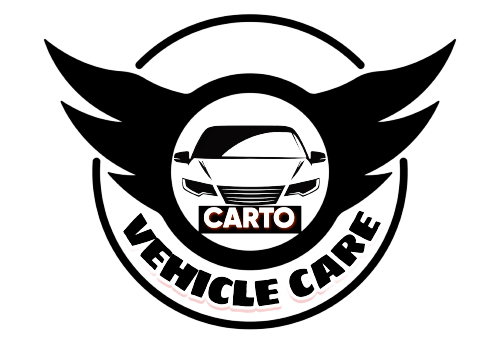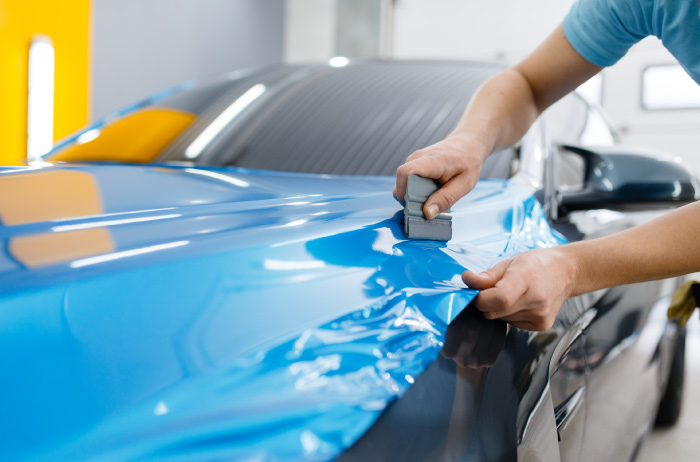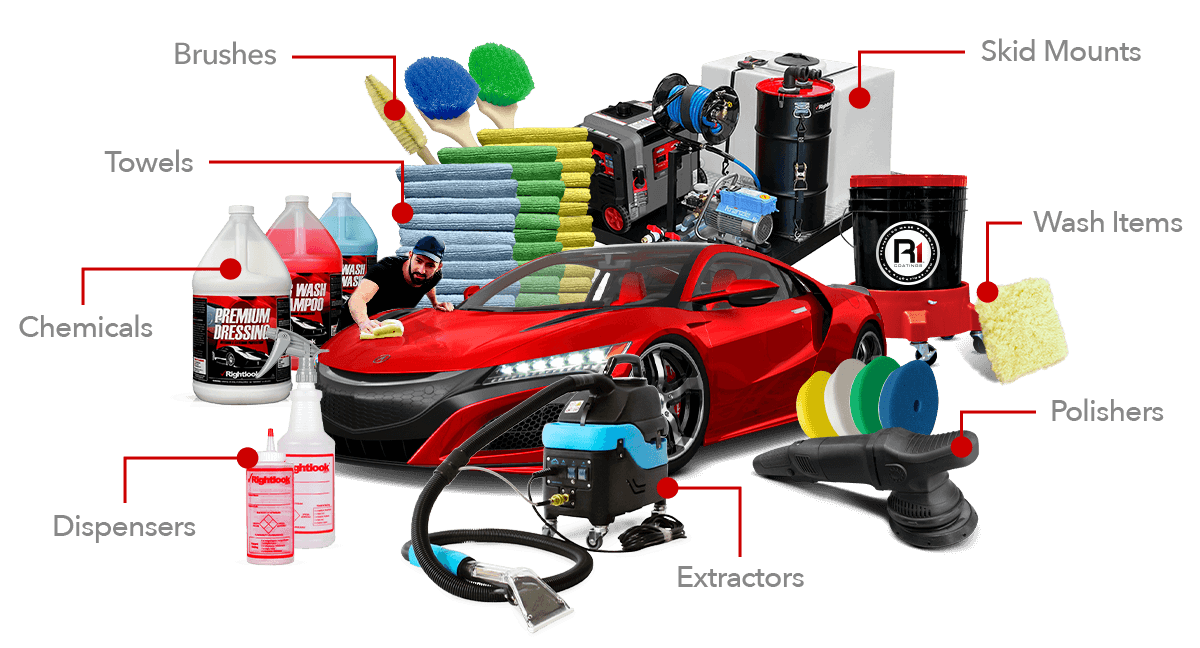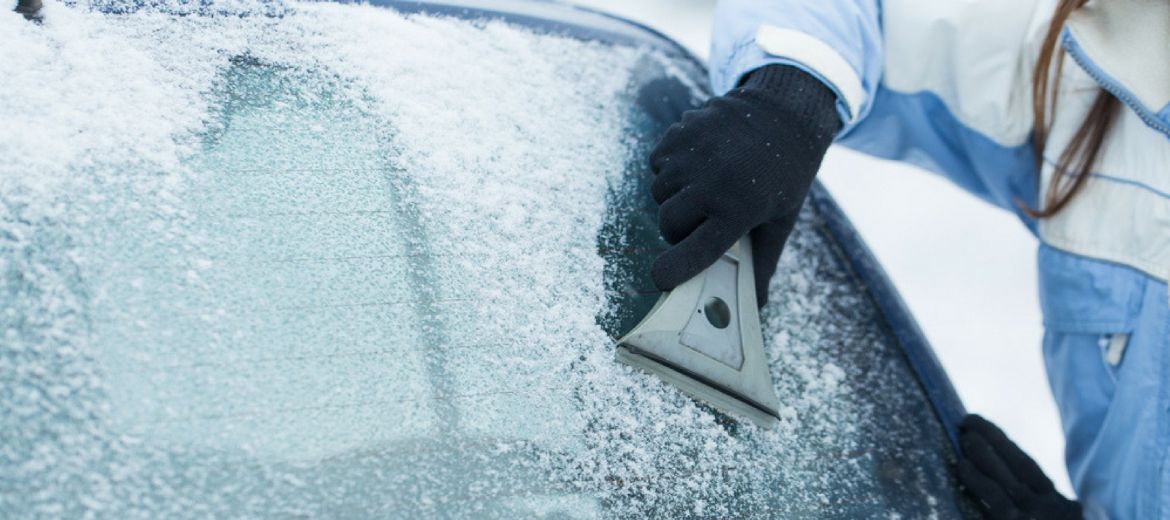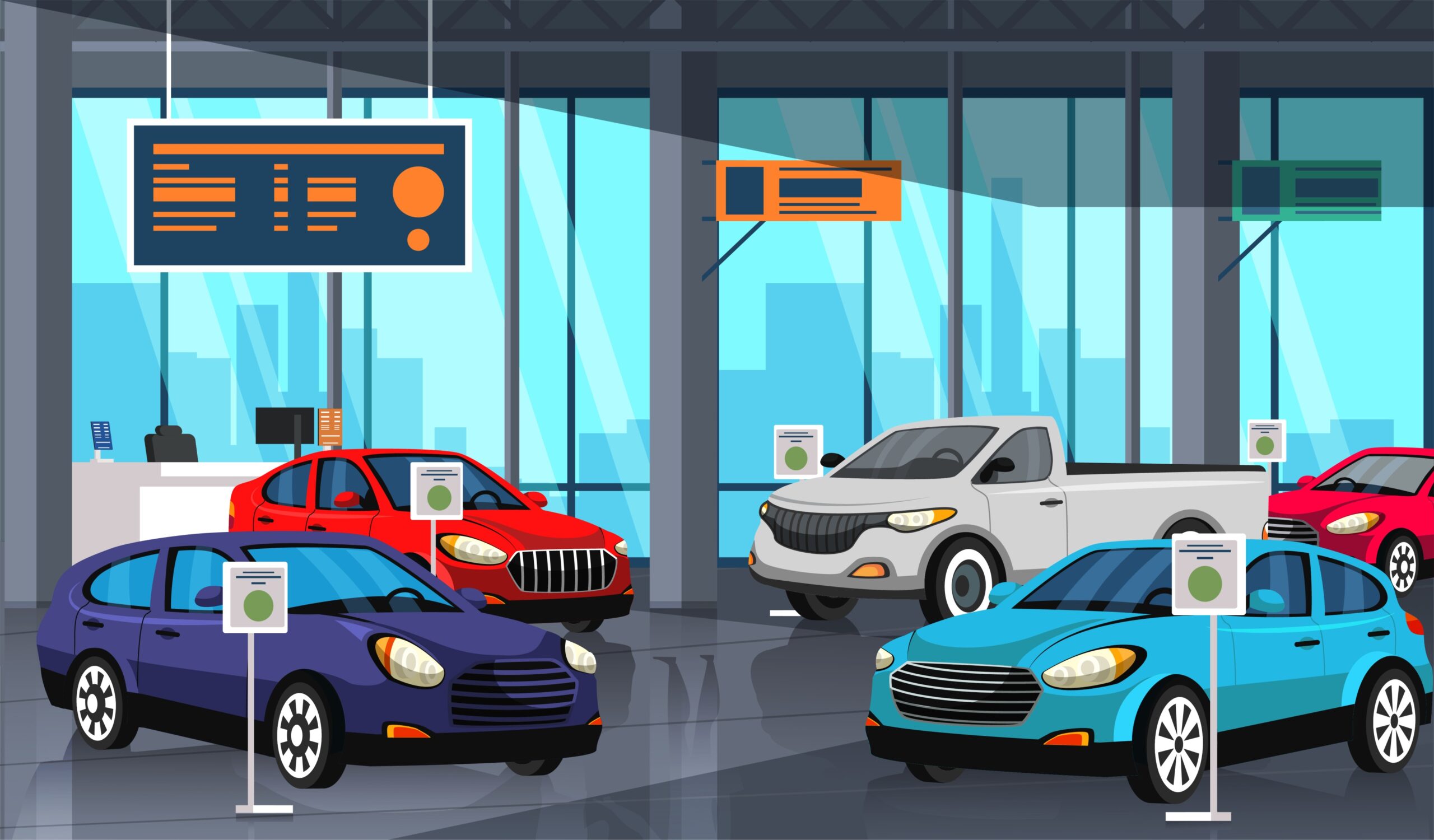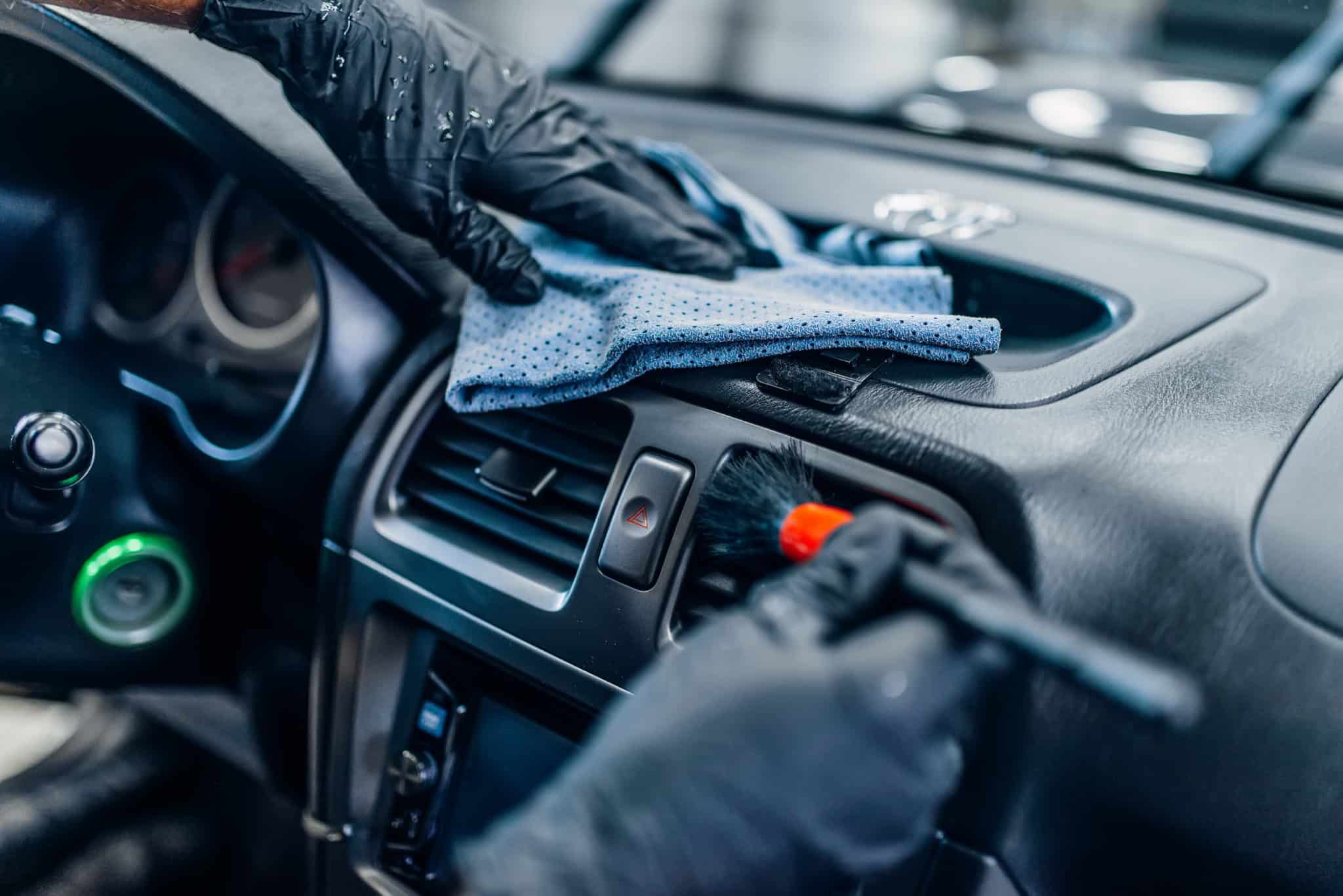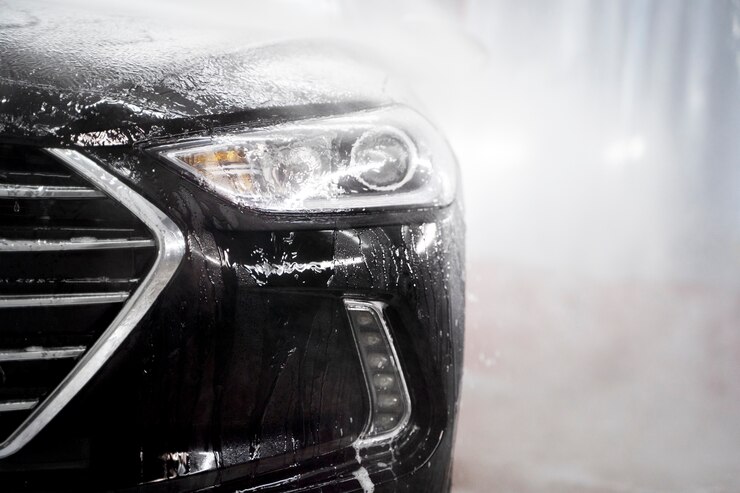Table of Contents
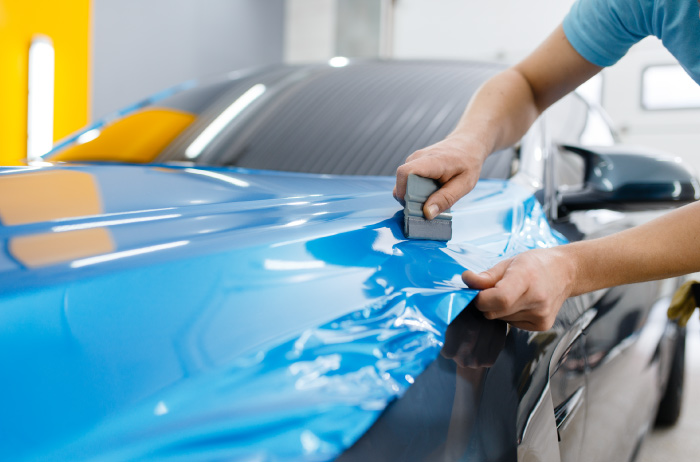
Wrapped Cars
Maintaining a car wrap is essential for preserving the appearance and longevity of your vehicle’s vinyl wrap. This detailed guide will walk you through every aspect of car wrap care, from cleaning and protecting to addressing common issues and seeking professional help. Follow these expert tips to ensure your wrap remains in top condition and continues to turn heads.Make sure you don’t scratch the wrap when washing. Use the Right Products: You should only use a mild detergent or a specialized car wrap cleaning solution because using abrasive detergents will only damage the wrap. Wash Gently: Use a soft cloth or sponge to wash the vehicle in sections. Make sure you cover all areas.
Vehicle wraps are made from a combination of polyvinylchloride (PVC) polymer and different kinds of additives to increase flexibility and ensure UV resistance. The wraps are usually made to endure all kinds of challenges on the road and the elements. However, you should know that it is similar to the paint of your car, which means they are also exposed to all kinds of contaminants and pollutants that can gradually reduce their quality as time goes on.
Why is maintenance important
It is important because apart from protecting the warp to ensure it still appeals to the audience, regular maintenance will prevent issues like peeling, fading, or premature damage.
When you follow proper care routines, you can significantly increase the lifespan of your vehicle wrap which will make it an investment that is worthwhile for both businesses and individual car owners.
Introduction to Car Wraps:
Car wrapping, a method of covering a vehicle’s exterior with a thin, self-adhesive vinyl film, gained popularity in the 1990s as an alternative to traditional paint jobs. The materials used for wrapping vehicles have evolved over time, with vinyl, chrome, and ULTIMATE PLUS being the most common choices today. Vinyl is particularly popular due to its durability and affordability, while chrome wraps offer a more exclusive appearance.
Before you familiarize yourself with car wrapping, it’s vital to comprehend the process and the elements that contribute to a successful outcome. Some important factors to consider are:
- Proper surface preparation
- Choosing a skilled professional for the installation
- XPEL’s Interior Protection solutions, which provide benefits such as stain resistance and protection against fine scratches, swirls, and blemishes
These factors are critical in ensuring the longevity of the wrap and ease of removal when necessary. Additionally, XPEL’s Interior Protection solutions can help maintain your car’s new look.
A car wrap is a large vinyl film applied over a vehicle’s original paint job. It can be used for various purposes, including:
- Aesthetic Changes: To alter the color or appearance of the car.
- Advertising: For promotional graphics and advertisements.
- Protection: To shield the original paint from UV rays, scratches, and other damage.
Types of Car Wraps:
- Full Wraps: Cover the entire vehicle for a complete color change or graphic design.
- Partial Wraps: Cover only specific sections of the vehicle.
- Color Change Wraps: Change the car’s color without painting.
Benefits Of Car Wrapping: Protection, Aesthetics, And Resale Value:
Car wrapping presents manifold benefits like paint safeguarding, aesthetic improvement, and possible elevation in resale value. When applied and removed correctly, car wraps do not damage the car’s paint, as they provide a protective layer of vinyl that prevents damage to the original paint and shields against scuffs and scratches. Proper maintenance, such as using a car cover and avoiding harsh chemicals, can further enhance the protection offered by car wrapping.
In addition to protecting your vehicle’s paint, car wraps allow you to customize its appearance to suit your personal style. With a wide range of colors, finishes, and patterns available, you can create a truly unique look that sets your vehicle apart from the rest. However, it’s worth noting that a car wrap may not necessarily increase the resale value of your vehicle, as it is considered a customization that may not appeal to all potential buyers.
Products and Tools to Wrap a Car
Ensure you have the correct tools before you start and when storing the vinyl keep away from heat sources and direct sunlight and store the roll vertically.
- Cleaning Towels
- The Surface Preparation and a Squeegee specific to the wrapping film you’re using
- Knifeless Design Tape
- Retractable Bladed Scalpel
- Masking tape
- Gloves
- Wrap Heat Gun – with a long cable so you don’t need to plug into an extension lead
- Magnets to hold the material up
Caring for Your Car Wrap
Proper care and maintenance are essential to keep your car wrap looking its best and to extend its lifespan. Here are some tips on how to care for a car wrap:
1. Regular Washing:
Wash your car wrap regularly to remove dirt, dust, and other contaminants. Use a gentle automotive detergent or soap, along with a soft microfiber mitt. Avoid using abrasive materials, such as brushes or harsh chemicals, as they can damage the wrap. Remove all soap residue by rinsing thoroughly with water.
2. Hand Washing:
Hand washing is recommended over automatic car washes to minimise the risk of any mechanical damage or harsh chemicals that could affect the wrap. We strongly advise against the use of automatic car washs, they pose a great threat of scratches or peeling the vinyl material.
3. Avoid High-Pressure Washing:
High-pressure water can penetrate the edges and seams of the wrap, potentially causing lifting or damage. Instead, rinse off the surface with a gentle stream of water or a garden hose.
4. Spot Cleaning:
You can spot-clean the affected area for stubborn stains or localised dirt. Use a mild solvent or isopropyl alcohol on a clean cloth to gently wipe the spot. Always test the solvent in an inconspicuous area first to ensure it does not damage the wrap. After spot cleaning, rinse the area thoroughly.
5. Avoid Harsh Chemicals:
Avoid using harsh chemicals, abrasive cleaners, wax products, or petroleum-based solvents on your car wrap. These substances can cause discolouration, damage the adhesive, or degrade the vinyl material. Instead, stick to gentle, automotive-specific cleaning products recommended for vinyl wraps.
6. Protection from the Elements:
Whenever possible, park your vehicle in a shaded area or use a car cover to protect the car wrap from prolonged exposure to sunlight. UV rays can cause the colours to fade over time. Additionally, consider a paint protection film or ceramic coating to provide an extra layer of protection against light marring or damage.
7. Avoid Scratches and Abrasions:
Be cautious when using abrasive materials or tools near the car wrap. For example, avoid using abrasive brushes, sponges, or rough towels that can scratch the surface. When drying the vehicle, use a clean, soft microfibre cloth to pat dry gently.
By following these care tips, you can maintain the appearance and longevity of your car wrap, ensuring it stays vibrant and protected for an extended period.
How Is Car Wrapping Done?
Car wrapping is a meticulous process that requires skill and expertise. Here’s a brief overview of the steps involved:
1. Design and Preparation: The desired design is conceptualised, and the vehicle is decontaminated and cleaned, ensuring a smooth surface for the vinyl application.
2. Vinyl Application: Professional installers meticulously apply the vinyl film to the vehicle, using specialised tools to ensure a seamless and bubble-free result.
3. Trimming and Finishing: The excess vinyl is carefully trimmed, and the edges are wrapped around the vehicle’s contours for a neat and professional finish.
4. Quality Check: A thorough inspection is conducted to ensure the wrap is flawless and any necessary touch-ups are made.
Why Get a Car Wrap
Car wrapping offers numerous advantages that appeal to car enthusiasts:
Customization: Car wraps provide endless customisation possibilities, allowing you to express your style and make your vehicle stand out.
Preserving Resale Value: By protecting the original paint, car wraps help maintain your vehicle’s resale value, as potential buyers will be impressed by the well-preserved exterior.
Reversibility: Unlike traditional paint jobs, car wraps are temporary and can be easily removed without damaging the original paint. This flexibility allows you to change the look of your vehicle whenever desired.
Advertising and Branding: Car wraps can be a powerful marketing tool for businesses, turning vehicles into moving billboards and generating brand visibility on the road.
Advantages of Car Wrapping
Customisation:Car wraps provide endless customisation possibilities, allowing you to express your style and make your vehicle stand out. Whether you prefer a bold colour, a unique pattern, or a branded design, car wraps can be tailored to your specific preferences, turning your vehicle into a personalised work of art.
Protection: Besides their aesthetic appeal, car wraps protect the underlying paintwork. The vinyl film protects against minor abrasions, stone chips, UV rays, and other environmental elements that can damage the original paint. This safeguarding effect helps maintain the resale value of your vehicle and keeps it looking newer for longer.
Versatility:Unlike traditional paint jobs, car wraps are temporary and can be easily removed without damaging the original paint. This flexibility allows you to change the look of your vehicle whenever desired. Whether you want to experiment with different colours, promote a temporary event or campaign, or revert to the vehicle’s original appearance, car wraps offer a reversible solution.
Cost-Effective:Car wraps are often more cost-effective than traditional paint jobs, especially when considering complex designs or high-quality finishes. You can achieve unique looks and eye-catching designs with car wraps without extensive and expensive custom paintwork. This makes car wrapping a budget-friendly option for those seeking a personalised vehicle appearance.
Time-Efficient:Applying a car wrap is typically quicker than completing a paint job. Once the design is finalised, our installers can efficiently apply the vinyl wrap to your vehicle, reducing the time your car is out of commission.
Preserving Original Paint:Car wraps provide additional protection to the original paintwork. By shielding the surface from minor scratches, stone chips, and fading caused by UV rays, car wraps help preserve the integrity and quality of the vehicle’s original paint. This especially benefits leased vehicles or those with unique or rare paint finishes.
Conclusion:
Car wrapping is a transformative and customisable option for car enthusiasts who seek to enhance their vehicles’ appearance while protecting the original paintwork. From creating eye-catching designs to advertising your business, car wraps offer a versatile solution. Understanding the process, benefits, and costs of car wrapping empowers you to make informed decisions when considering this unique automotive enhancement.
